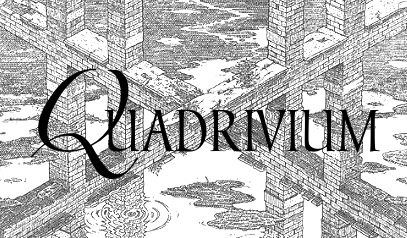Para quem não teve paciência para ler o texto publicado no post anterior, deixo alguns extractos:
While the public universities have gained greater autonomy to manage their resources, national governments have at the same time set tight(er) limits on public funding. As a consequence, most university authorities now avidly pursue outside funding, which leads to an assessment of academic research and the knowledge generated that is focussed almost exclusively with an eye on short-term economic benefit and research products for the global market.
Further, the temptation for universities to invest almost exclusively in the ‘immediately profitable’ sectors of university life to the detriment of those perceived as less so, risks a grave unbalancing in the relationship between the applied and the ‘pure’ sciences generally, and especially between those sciences traditionally linked to business and industry (informatics, chemistry, biology, medicine etc.) and the humanities and social sciences.
Most recent European Commission documents on knowledge and innovation, have emphasised the central role of the social sciences and humanities as integral parts of the programme Horizon 2020. (…) However, we feel that there is an implication that these investments in scholarship and education could easily still be prioritised only in their ability to deliver outputs of “economic relevance”, rather than contributing as a cultural and societal good. ‘Innovation’ is used in a technocratic sense and not in the broader sense of intellectual creativity, which forms the basis of all research.
Modern mass universities are increasingly seen primarily through the lenses of costs, performance, number of students and exams. Protocols of benchmarking and statistical indicators applicable to the empirical and to the exact sciences are carried over to the humanities: peer-reviewed journal articles outweigh monographs, the name of the publisher, the number of citations, the impact factor of a journal reputation, and whether a publication is international or national, become all-determinative. As a result, smaller fields and subject disciplines become marginalized, and in many instances are phased out altogether. Larger fields and disciplines that do not ‘deliver’ along the lines of the preferred ‘industrial model’ are stripped of research funding and reduced to rote teaching of ever larger groups of students.
Especially important in this regard, is the preservation of research and teaching in the so-called ‘small subjects’ – not limited to, yet primarily in the Humanities and Social Sciences - which because of the economic and institutional pressures outlined above risk disappearing unnoticed state-by-state. (…) Many, if not all the smaller subjects mentioned, will simply cease to be studied if in Europe we abandon their pursuit.
Recommendations
Taking into account our assessment of the current situation of European research in the Humanities and Social Sciences as outlined above, the AE recommends to all concerned:
1. to re-consider the issue of the evaluation of research in the Humanities and Social Sciences, discussing the use and abuse of bibliometrics, impact factors and peer-review criteria, for it is apparent that papers written by non-Anglophone scholars from institutions outside of the Anglophone world have significantly less chance of being accepted in international journals that the main metrics databases utilise;

No comments:
Post a Comment